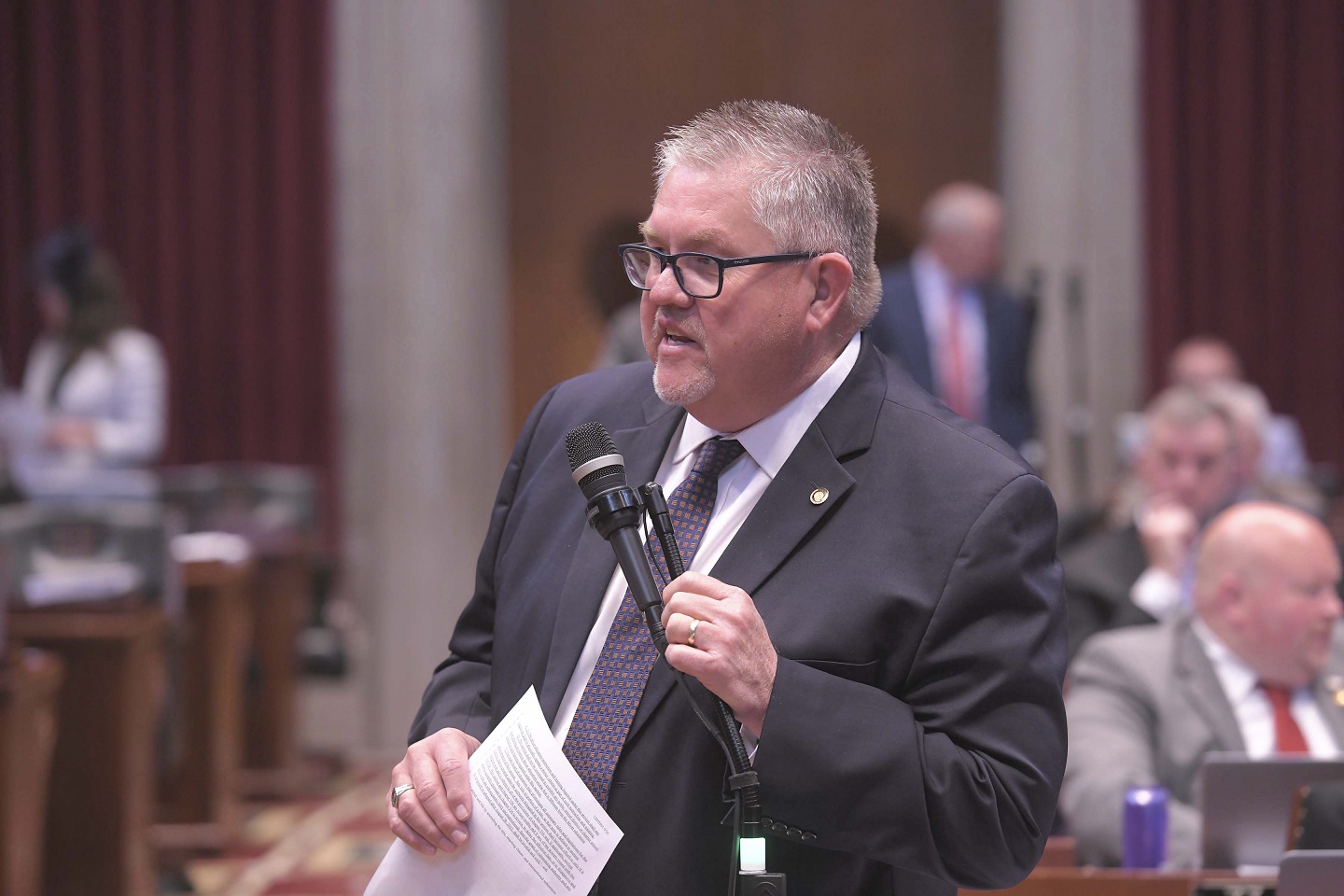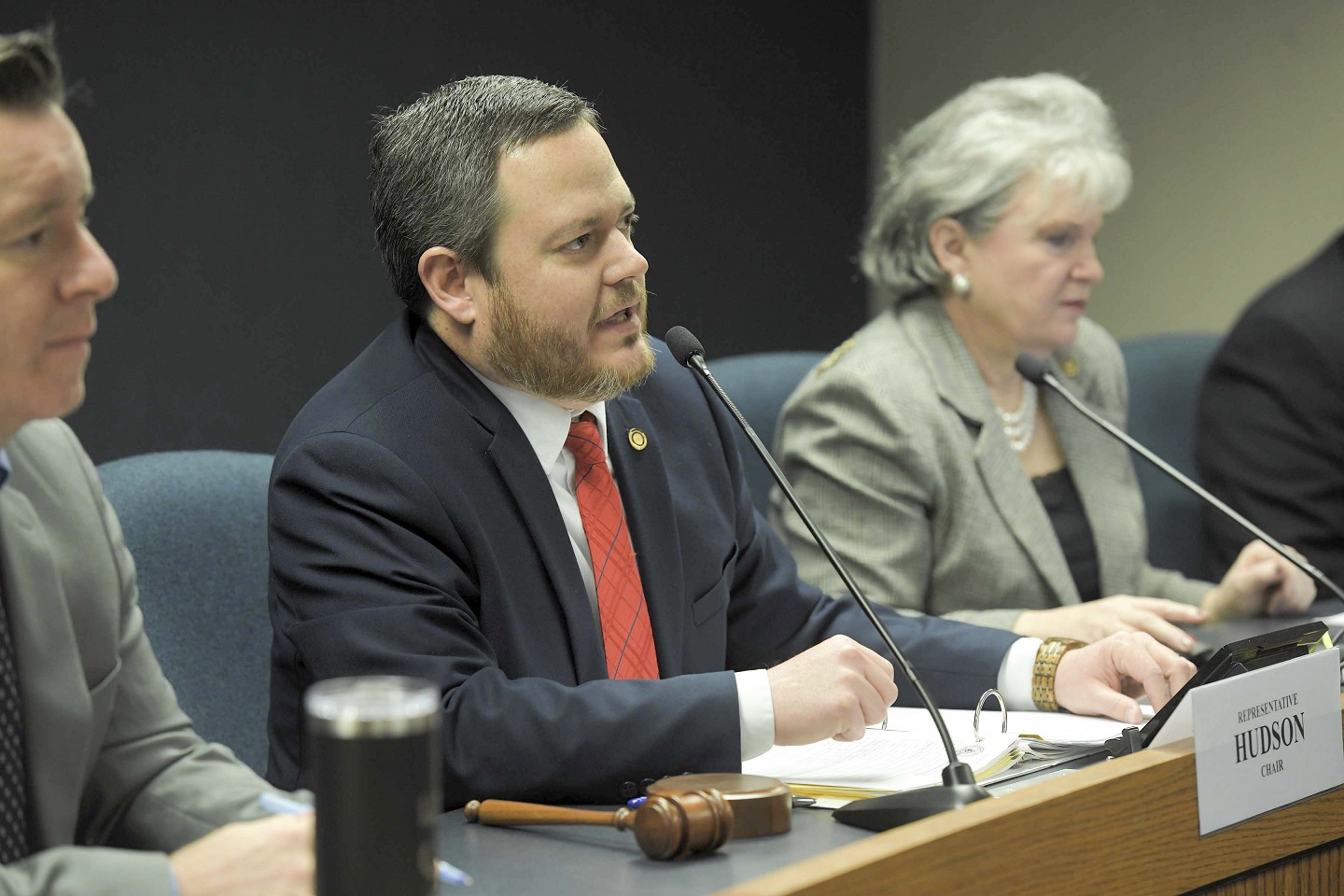Missourians in recent years have been slapped with high and increasing property tax bills for their vehicles, and state lawmakers are going to try again this year to stem that.

The issue has been a top one for two legislators who were assessors before they came to Jefferson City.
One of them is Representative Rodger Reedy (R-Windsor), who sees his House Bill 1690 as a taxpayer protection act.
“We are trying to do this to make it better for our taxpayers and to be more fair to them,” Reedy said.
The other is Representative Brad Hudson (R-Cape Fair), who said when he was an assessor, “I would have never wanted to sit across the desk from someone and say, ‘Hey, you know that farm truck that you’ve got? Yeah, it’s a year older, yeah it’s got more miles on it, but I’m going to hit you with a higher assessment this year and you’re going to have to pay more in property taxes because of that.’ That doesn’t make sense. It’s not right.”
The issue with vehicle valuations began in 2020 when the COVID pandemic halted supply lines. Parts for vehicles were harder to come by this inflated the demand for, and therefore the values of, used vehicles.
“So what the end result has been, you would have the same vehicle and it would be a year older but the trade-in value would show to be higher, so your assessment would be higher and you would pay more taxes on that vehicle that’s a year older,” Reedy explained. “I basically, fundamentally think that if that vehicle’s a year older, typically you’ve got 20-30 thousand more miles on it, you should not be paying more taxes on it than you did the year before.”
The state statute to which Hudson refers dictates that assessors must use the October issue of the National Automobile Dealers Association’s (NADA) Used Car Guide to determine the value of a motor vehicle. Reedy’s bill would allow the State Tax Commission to designate a different nationally produced automobile guide to be used by assessors. His proposal would also establish a depreciation schedule to be applied to the values set forth in that automobile guide.

“It makes sure that these used vehicles depreciate in value for taxation purposes,” Reedy said.
Hudson said the issue of inflated vehicle valuations has the potential to negatively impact every household in Missouri.
Reedy said the problem hasn’t abated on its own the passage of time, “I can give you a case where a vehicle that had a value of $7,300 in 2021 went to $7,600 in 2022. Even now, in ’23 that same vehicle has just dropped back to $7,500, so [the owner of] that particular vehicle will pay more taxes in 2023 than [they] paid in 2021.”
Both lawmakers said this is exactly the kind of issue Missouri lawmakers should be addressing on behalf of their constituents.
This year’s version of this legislation was passed out of the House 150-0 before stalling out in the Senate. In 2022, Hudson carried a version of the bill that cleared the House 146-0 but also did not clear the Senate.